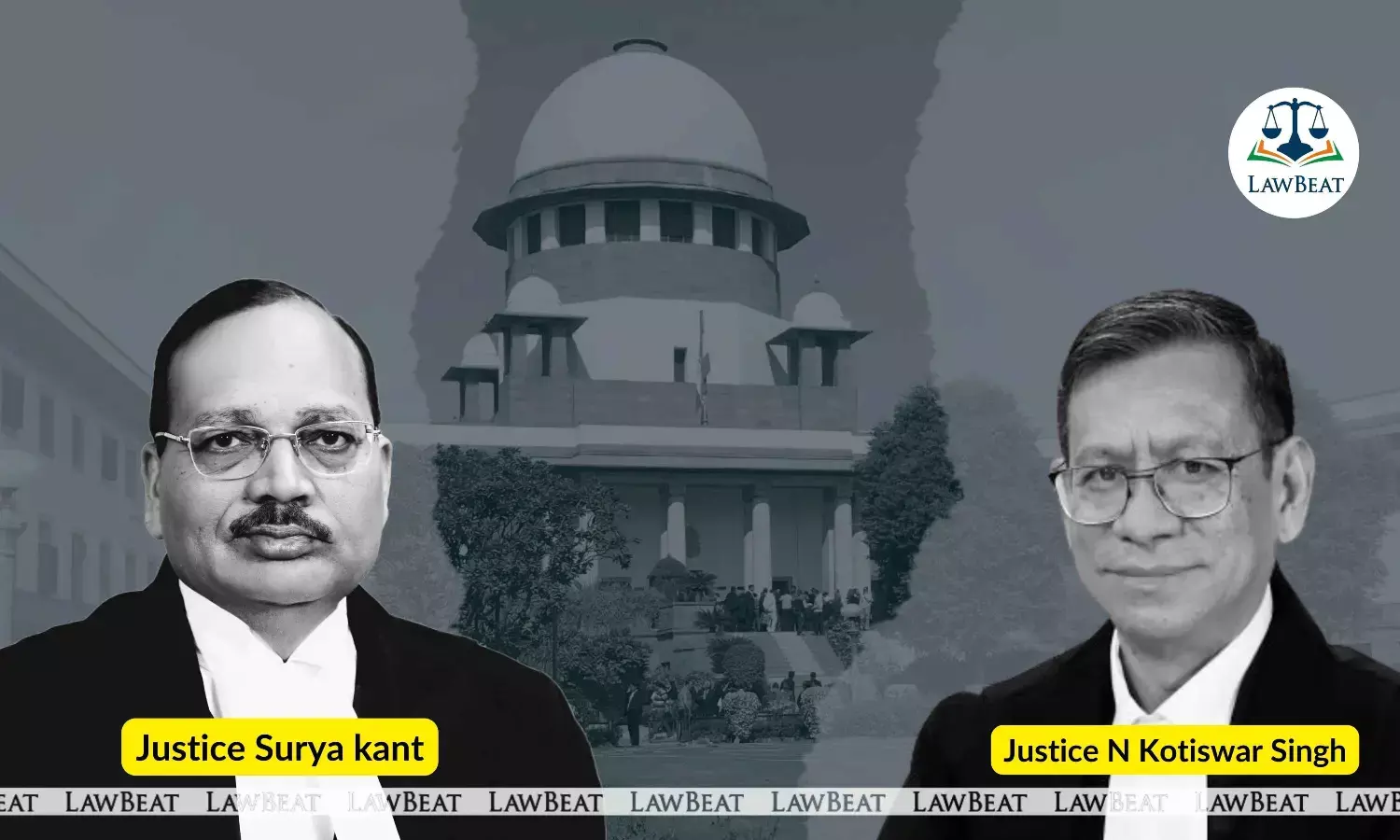Public officials' willful disregard of court orders not routine disobedience but serious affront to Rule of Law: Supreme Court

The Supreme Court of India has held that willful and deliberate disregard of its orders by public officials cannot be viewed as routine disobedience but must be recognized as a serious affront to the Rule of Law itself.
"Such acts are generally classified as grave and offensive instances of contempt, warranting appropriate punishment without any misplaced sympathy or unwarranted magnanimity from the Court", a bench Justices Surya Kant and N Kotiswar Singh has said.
Elaborating on powers of contempt under Article 129 of the Constitution of India, the supreme court said these broad ranging powers are not merely procedural but are central to preserving the dignity, authority, and effective functioning of the judiciary.
"The majesty of law is supreme and is unequivocally recognised by the Constitution through the conferment of plenary powers of contempt upon this Court. Unlike jurisdictions where contempt is solely governed by statutory law, India, by virtue of its constitutional framework, accords this power a higher pedestal. The constitutional provision for contempt is not subordinate to Parliamentary Legislation; rather, it represents an intrinsic aspect of the judiciary’s autonomy...", the top court has said.
These observations came to be made by the top court while it held the Delhi Development Authority (DDA) and certain officials guilty of criminal contempt of court for willfully violating judicial orders by illegally felling trees in the ecologically sensitive Delhi Ridge area for a road widening project linked to the CAPFIMS Paramilitary Hospital.
The bench observed that observed that the instant case reflected “institutional lapses and administrative overreach,” where statutory permissions were bypassed, court orders flouted, and environmental damage inflicted.
Noting that public authorities and public servants are duty-bound to act in the furtherance of public interest, with every action aligned to subserve the common good, court added that if there is even an attempt to exhibit wilful and deliberate disregard for the orders of this Court, such conduct would not merely amount to contempt in the narrow sense defined under statute, rather, it has a cascading effect—it fosters a perception that judicial directives can be defied with impunity.
"On the contrary, where the Court finds that a breach of its order amounts to technical contempt, absent any intent to wilfully defy or disobey its authority, this Court has evolved the practice of affording an opportunity to purge such contempt...", it added.
Case Title: Bindu Kapurea vs. Subhashish Panda and others
